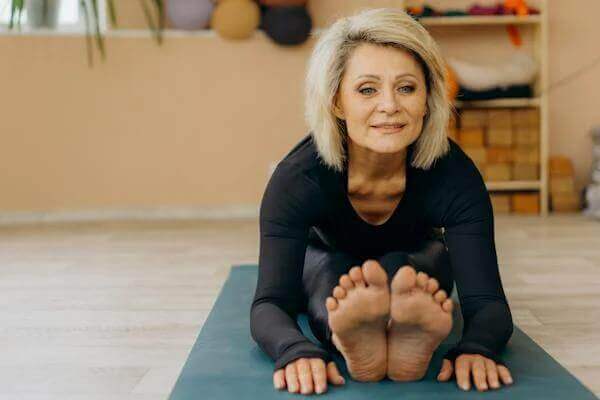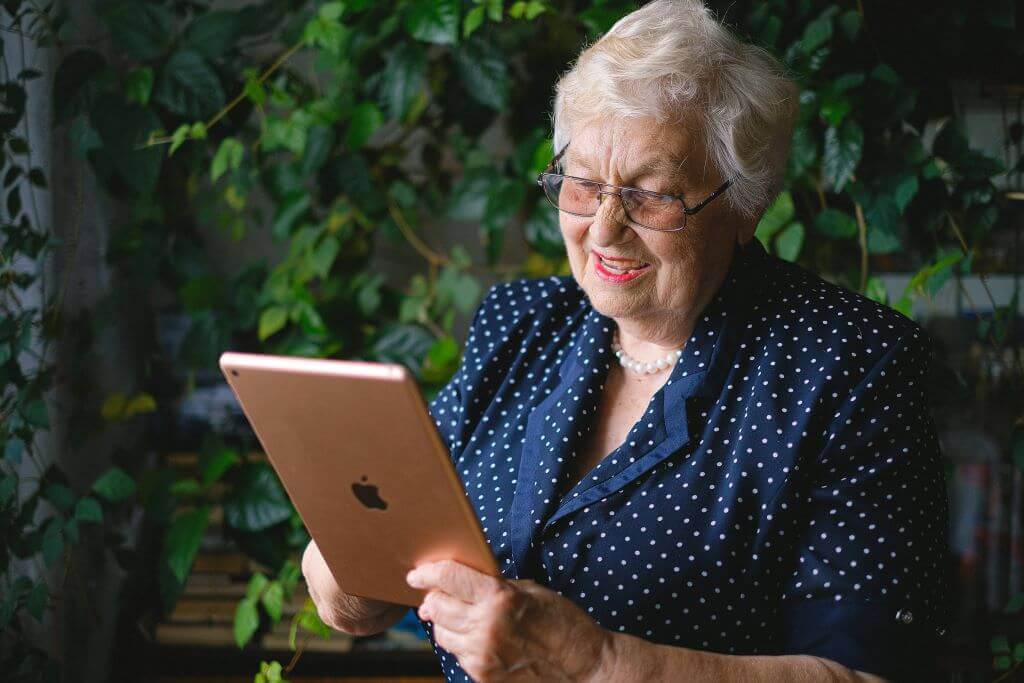From a very young age, we've been taught that good oral health is very important. That we must brush our teeth twice a day for two minutes at a time. That we must visit a dentist at least once a year for a check-up and to have our teeth cleaned. Most people toe the line and experience few, if any, problems for decades, but dental issues inevitably arise, especially later in life. For older people, oral hygiene is doubly important. As said by an unknown author, “You don’t have to brush all your teeth. Just the ones you want to keep.”
Sadly, oral health in the US is in a poor state of health among older people. According to a Centers for Disease Control and Prevention (CDC) report, among adults aged 65 and older, almost one in five have untreated tooth decay, 68% have gum disease, and nearly a fifth have lost all their teeth. Poor oral health often leads to tooth decay, gum disease, bad breath (halitosis), tooth loss and difficulty chewing or speaking properly.
Understanding Common Oral Health Issues in the Elderly
As we mentioned in the previous paragraph, periodontitis, or gum disease, is the most prevalent oral health issue in older people. Left untreated, it can cause loss of teeth or bone and various other infections and general health problems.
Tooth decay and tooth loss as a result thereof are also significant concerns among older adults. Poor mouth hygiene and dry mouth caused by medication use or reduced salivary flow due to aging can increase the risk of cavities. Receding gums expose the root surfaces of teeth, making them more vulnerable to decay.
Another serious risk is oral cancer, although the prevalence, thankfully, is very low. Estimates vary, but the upper limit is around 1%. The average age at which oral cancers are diagnosed is between 62 and 63, and the risk for men is more than double that of women.
Tips and Techniques for Effective Oral Hygiene
The oral care regimen for older people may need to be adjusted as various age-related infirmities develop. Brushing techniques for older adults should be gentle yet thorough. A soft-bristled toothbrush with a small head is recommended to easily reach all areas of the mouth. Seniors should brush their teeth at least twice a day using fluoride toothpaste. Paying extra attention to the gum line and tongue can help prevent gum disease and bad breath.
Flossing is equally important as it helps remove plaque and food particles from between the teeth, where a toothbrush cannot reach effectively. Encourage seniors to floss daily using traditional floss or interdental brushes specifically designed for their needs. Incorporating an antimicrobial mouthwash into the dental care routine can provide additional protection against bacteria that cause gum disease and cavities.
It's also essential for older adults to maintain regular dental check-ups with their dentist or dental hygienist. These professionals can identify any oral health issues early on and provide appropriate treatment or preventive measures.
Lastly, proper denture care is crucial for those seniors who wear dentures. Dentures should be cleaned daily with mild soap or denture cleaner as directed by the dentist. They should also be removed overnight to allow gums time to rest.
The Role of Nutrition in Oral Health
Nutrition plays a very important role in our overall health; oral health is no exception. A balanced diet rich in nutrients can help prevent tooth decay, gum disease, and tooth loss. Calcium-rich foods like dairy products and leafy greens strengthen teeth and bones, Vitamin C helps maintain healthy gums by supporting collagen production and Omega-3 fatty acids reduce inflammation and contribute to healthier gums.
Foods with natural antibacterial properties, such as cranberries or green tea, can help fight harmful bacteria in the mouth. Drinking water throughout the day promotes saliva production, rinsing away food particles and maintaining oral hygiene.
The Importance of Regular Dental Check-ups and Professional Cleaning
A key benefit of regular dental check-ups and professional cleaning is that oral health issues can be detected and treated timeously. Dental professionals are trained to identify potential problems such as tooth decay, gum disease, or oral cancer at an early stage when they are easier to treat.
Professional cleaning helps remove plaque and tartar buildup that cannot be effectively removed through regular brushing and flossing alone. This helps prevent gum disease, which can lead to tooth loss if left untreated. Regular cleaning also contributes to fresher breath and a brighter smile.
When seeking specialized dental care, it is important to find a geriatric dentist who understands the unique needs of older people. These professionals have experience working with older adults and are knowledgeable about age-related oral health conditions such as dry mouth or denture care. They can provide tailored treatment plans and recommendations specific to senior patients.
Dealing with Special Needs: Adaptive Techniques and Tools
When caring for people with disabilities or cognitive impairment, caregivers are confronted with additional challenges and limitations. Communication difficulties, physical limitations, sensory impairments, and cognitive decline will all affect a person's ability to perform proper oral hygiene.
Several adaptive techniques and tools are available to address this. Providing step-by-step instructions or prompts helps to guide seniors through hygiene routines. For limited hand dexterity or mobility issues, using adaptive tools like electric toothbrushes with larger handles or ergonomic grips can make brushing easier. For those who struggle with spitting or rinsing during oral care routines, using suction devices or swabs soaked in mouthwash can help maintain oral cleanliness without using traditional rinsing methods.
Conclusion
At LL Medico, we understand that, as a caregiver, attending to your patient’s oral health could put additional strain on you. We strive to support caregivers by eliminating some of their routine tasks so they can focus on more important things.
Our Autoship feature allows you to place a repeat order for scheduled deliveries of all your senior care requirements. You get a 15% discount on your first order, and you can amend or cancel the order at any time, no questions asked. Shipping is fast and free within the Continental US.
So, for nutritional supplements, home and bath supplies, over-the-counter medications and more, call the LL Medico team at (855) 422-4556 or email support@llmedico.com. Between 9 am and 5 pm EST, you can also contact us via live chat. We’re waiting for your call.







 855-422-4556
855-422-4556 Chat
Chat E-Mail
E-Mail Monday - Friday 9:00AM to 5:00PM EST
Monday - Friday 9:00AM to 5:00PM EST





 Shopping With LL Medico
Shopping With LL Medico
 855-422-4556
855-422-4556